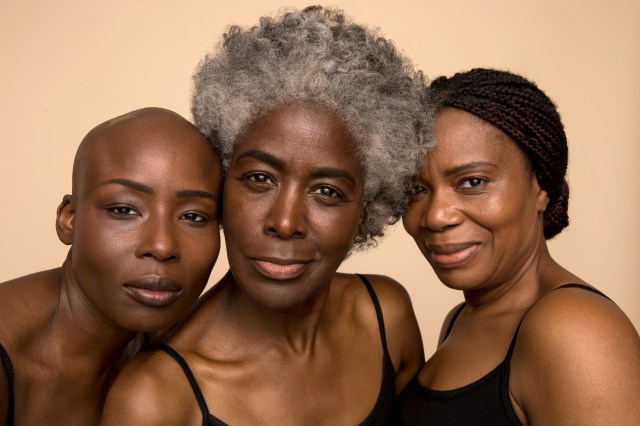Optional Caption
Menopause is a natural stage in life, defined as the 12-month period when women don’t menstruate.1
While menopause happens naturally at any age from 35 – 55 years, these are the four factors that cause menopause.2, 3

From the late 30s, the ovaries start making less estrogen and progesterone, which are the hormones that regulate periods. This natural hormonal change causes irregular periods. They can be longer or shorter, and the flow heavier or lighter. This process lasts until the ovaries stop releasing eggs and periods stop completely.4
Because of all the hormonal changes, you may experience symptoms, such as hot flashes, as you adjust to these changes.1
After a hysterectomy, your periods will stop, and you may experience hot flashes and other menopausal symptoms. Natural menopause is gradual, but after surgical intervention, the change is immediate, and the body has to adjust quickly.4
However, when surgery removes the uterus but not the ovaries, menopause isn’t immediate. The ovaries will still release eggs and produce the two female hormones, estrogen, and progesterone.4


These cancer treatments can induce menopause and its symptoms. However, for some women, their periods don’t stop permanently and may come back after therapy.
Radiation therapy only affects the ovaries if that’s where the treatment is focused. When aimed at a different part of the body, it should not affect menopause.4
Research shows that 1% of women experience menopause before they turn 40 when the ovaries stop producing enough hormones. Also known as premature menopause, it can happen because of genetics or autoimmune diseases. In these cases, hormone therapy is recommended until the natural age of menopause to protect the brain, heart, and bones.4